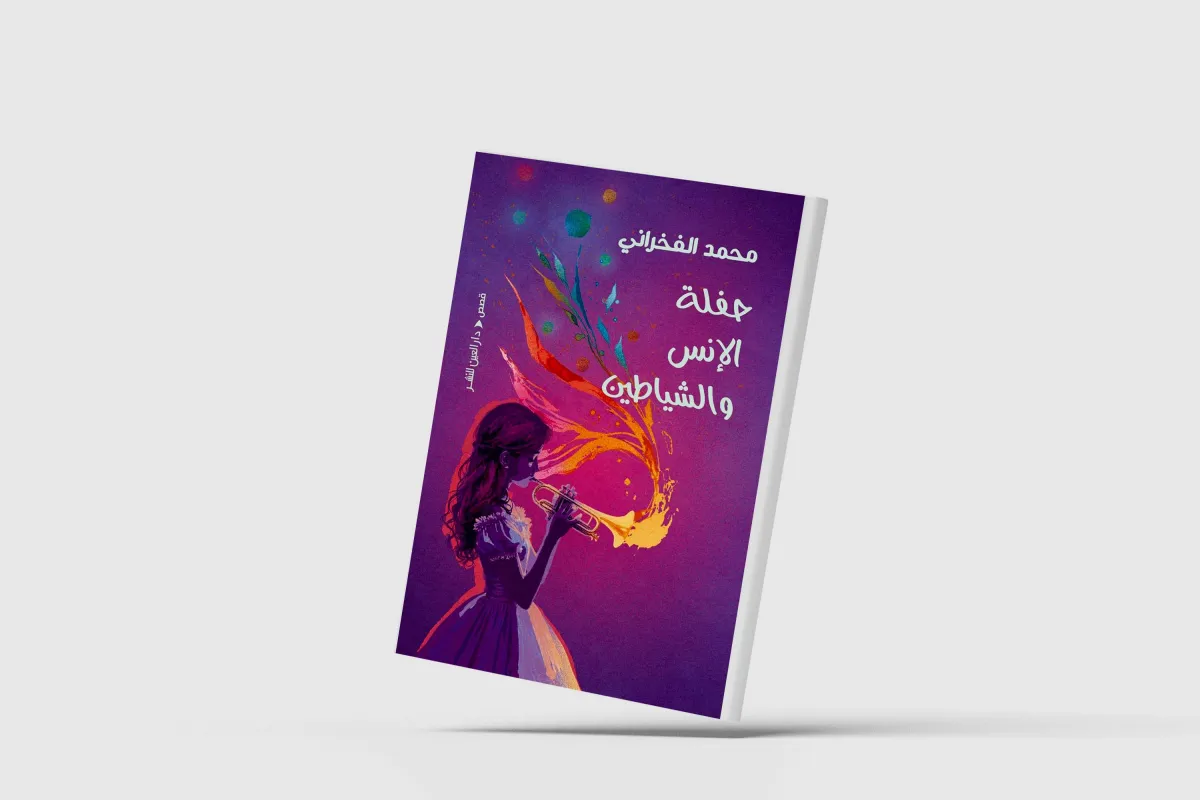Introduction to Poets and Power
The relationship between poets and power has always been complex and paradoxical. On one hand, poets have a desire to refuse the ruling authority, while on the other hand, they also have a desire to praise and join in. This paradox is rooted in the fact that poets know that their inspiration gives them a kind of authority over eternity, but they also seek to have a tangible and visible influence in the world.
Historical Context
In the past, poets have navigated this complex relationship with power in various ways. For example, Al-Akhtal’s speech and Abd al-Malik bin Marwan’s poem "The wage of the tail" demonstrate the desire to praise and join in with the ruling authority. On the other hand, al-Mutanabbi’s relentless pursuit of extracting a modest patch of land for himself shows the desire to challenge and resist the ruling authority.
The Role of Metaphors
Poets have often used metaphors to compete with the rulers and to establish their own position and authority. Ka’b bin Zuhair’s dissatisfaction with al-Nabegh al-Dhubiani, after al-Khansa favored him, is an example of this. The ancient people sought to divide poets into ranks and classes, but this did not lead to the installation of one poet as an absolute prince over their peers.
The Inauguration of Ahmed Shawky
The inauguration of Ahmed Shawky as Prince of Poets in 1927 was a significant event that sparked a range of reactions. While some poets, such as al-Akkad and Taha Hussein, occupied a negative position, others, such as Häen and Khalil, participated in the coronation ceremony. The official sponsorship of the celebration and the national dimension of the occasion played a significant role in shaping the reactions of the poets.
Criticisms and Controversies
Some poets, such as Ahmed Rami, criticized the principle of inauguration, arguing that it was not a genuine recognition of Shawky’s achievement. Others, such as Amin Nakhleh, claimed that Shawky had written verses in praise of them, which sparked controversy and debate. The idea of inaugurating a poet as a prince of poets was not without its criticisms and controversies.
The Idea of the Emirate
The idea of the Emirate of Poetry has been a recurring theme in Arabic poetry. While some poets, such as Shawky, have been inaugurated as princes of poets, others have criticized the idea as being born out of political considerations rather than creative reflections. The idea of the Emirate has been used to symbolize the reward for the location of the agricultural sector, which is developed nationwide.
Conclusion
Ultimately, the poets who compete for the title of Prince of Poets are actually competing for something that is relative and subjective. Poetry and art are not subject to one chapter or set of criteria, but rather differ according to the tastes of each critic or reader. The true greats of poetry are not determined by the title of the Emirate, but rather by the richness of their experiences, the variety of their methods, and the depth of their heart-steady and visionary difficulties. Only time can ultimately decide who are the real poets and who are the imitators.

